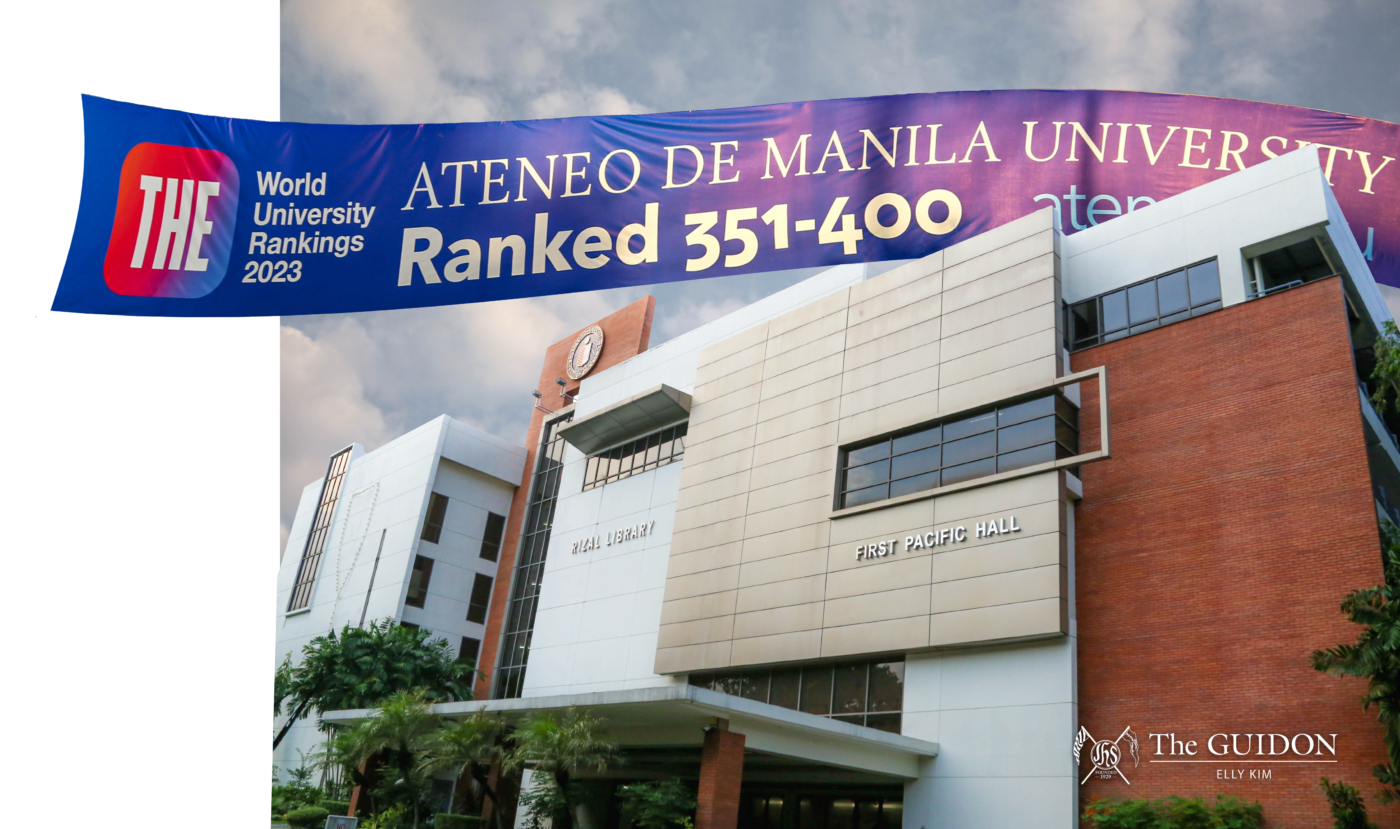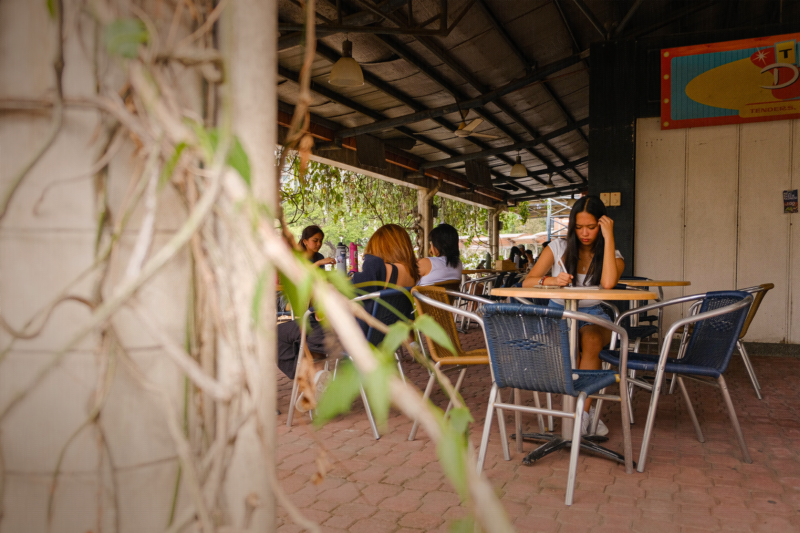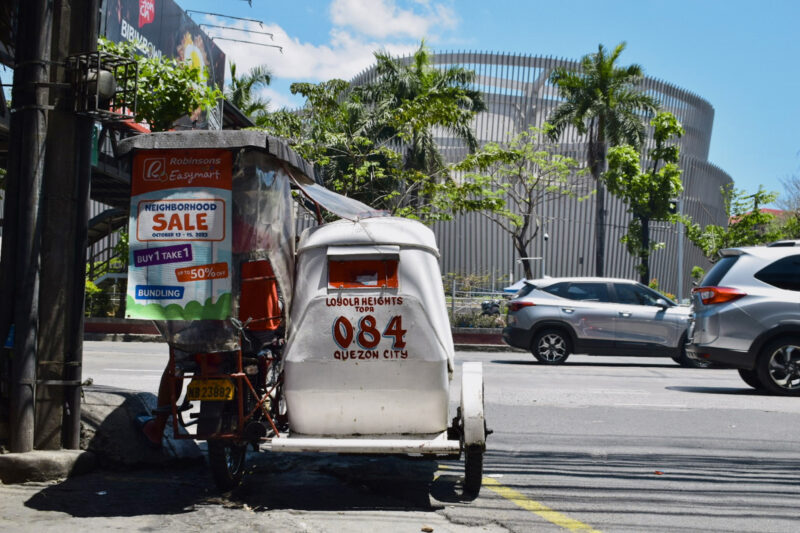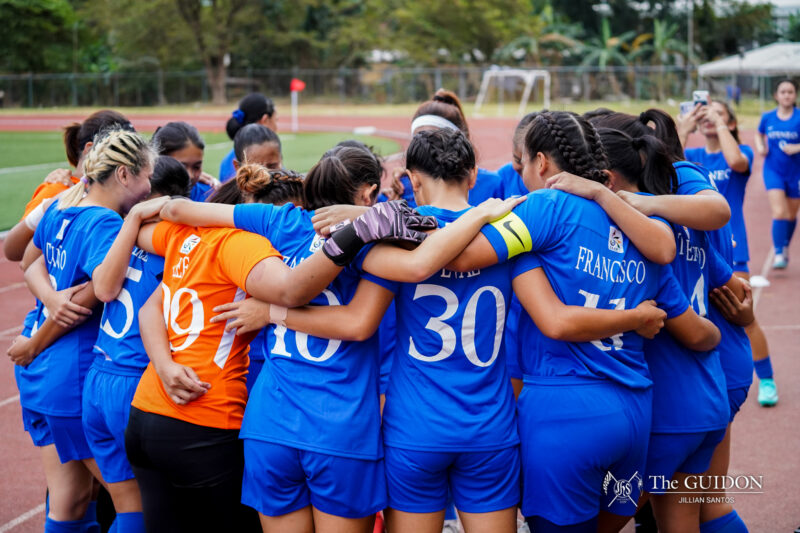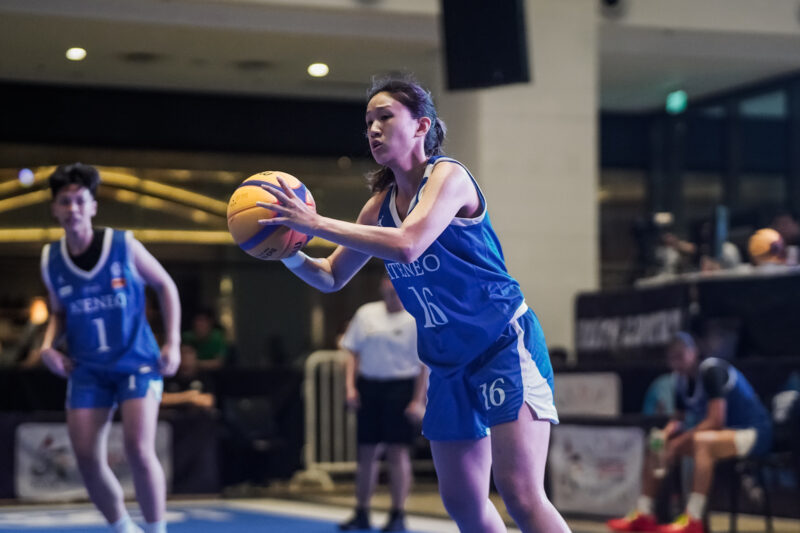RANKINGS ARE regarded as honorable recognitions of higher education institution’s (HEIs) academic efforts and excellence. As such, the Ateneo de Manila’s placement as the top Philippine institution in the 2023 Times Higher Education World University Rankings (THE-WUR)—arguably the most well-regarded university rankings—only affirms its status as a premier hub of education.
However, achieving this feat was anything but easy. Following the Ateneo’s absence in previous THE World Rankings, the University shifted its attention to improving its methodologies. In particular, much of the changes was centered on teaching, outreach, and collaboration, which comprise the largest portion in THE-WUR’s criteria.
Thus, behind the most recent THE-WUR feat as the top university of the Philippines is the Loyola Schools (LS) community’s collaborative effort in expanding its research capacities and influence. Not only was this done to debut in THE-WUR, but also to involve more members of the academic community in the broader effort to impart their knowledge and discoveries to others.
Abstract analysis
Research has consistently proven itself to be an important measure of academic influence, as it stirs intellectual exchange and discourse in the academe. Its significance is heavily seen in THE-WUR methodologies, which emphasize that only research-intensive universities are the institutions assessed for ranking.
In particular, to qualify for THE-WUR inclusion, a university is required to have 1,000 research publications released in the past five years, with a minimum of 150 annual publications indexed in the Elsevier Scopus database—the primary basis of THE for bibliometric data.
As for their criteria in ranking, THE-WUR assesses institutions based on their teaching, research, citations, international outlook, and industry income. Out of these, its research and citation pillars take up a combined portion of 60%. When it comes to this, THE has a thorough and holistic approach assessing both the qualitative and quantitative dimensions of a university’s research production.
According to THE’s methodology indicators, the research pillar is further narrowed down into three aspects. First, a research survey is conducted within the last two years to gauge the “perceived prestige” of a university’s research volume, income, and reputation.
Second, the research income per staff is also calculated by obtaining the quotient of the total subject-weighted research income and the total subject-weighted number of academic staff.
Lastly, research productivity is measured by the number of scholarly works by faculty and students in the Scopus database. Aside from these, another important pillar in conjunction with research is citations, which refer to the research influence of a university, obtained through the average frequency that a university’s journal is cited by other scholars.
Review of related initiatives
In the assessment of these criteria, THE-WUR strictly considers only Scopus-indexed journals. Although the Ateneo produces a number of creative literary works, the University fell short of the minimum number of Scopus-indexed journals to qualify in 2018.
University Research Council Chair Ma. Louise Antonette De Las Peñas clarifies, “It’s not because we were not doing research, ‘di lang talaga tayo nagpupublish noon dito sa mga journals na ito.”
In their bid to produce more journals such as these, the University made multiple efforts to support their aspiring researchers. One is through the Industry 4.0 Research Fund Programme, which is granted by the Ateneo Research Institute of Science. This initiative provides funding—ranging from Php 500,000 to Php 5,000,000—to the projects under the School of Science and Engineering (SOSE). With this support, SOSE produced 125 Scopus-indexed papers in 2020 alone.
Moreover, alongside the failure to meet the qualifier for publications, another hurdle faced by the faculty is the lack of time to do research, De Las Peñas shares.
In the hope of better supporting LS professors, the University has since made significant efforts to boost research productivity. One initiative is instituting “research loads.” “Say a full time faculty has an expected teaching load of 30 units [a school year], then the faculty may propose a project. And depending now on what type of project this will be, then he can request for research units,” she explains.
De Las Peñas also shares that the University has been strengthening its intra-departmental and interdepartmental research groups following its absence in the 2018 THE-WUR.
Beyond these faculty initiatives, the University continually encourages student involvement in the Ateneo’s debut. De Las Peñas expounds, “When you do a thesis, you’re after producing something original—not just be content with a mere exposition and not be afraid to publish your work.”
These efforts have evidently paid off with the Ateneo’s recent debut at the top of the rankings. Some countries such as Denmark and the Netherlands then ground their immigration policies for international students based on world rankings.
Despite being globally acknowledged, however, university performance tables cause a stir in the academe for their supposed problematic methodologies.
Survey scrutiny
In particular, with its subjective standards, disparities in the indicators, and tendencies of bias due to the subjective methods of gathering data, the objectivity of ranking outcomes are not guaranteed.
Amid these criticisms and skepticism about the reliability of rankings, De Las Peñas says that rankings are not precisely indicative of the Ateneo’s performance as the five areas identified in THE-WUR’s methodology are not an all-encompassing criteria.
In particular, there are certain aspects that cannot be quantified by rankings, such as the values instilled by the University. For example, De Las Peñas cites cura personalis, the Jesuit value of care for the whole person. “We are small but we manage to have some achievements in this. We did this by helping each other, by mentoring our students, by mentoring our faculty,” she says.
However, she does not entirely discount university rankings’ usefulness in determining the areas that need improvement. “I would say it’s a good measure but not truly representative. What I could say is, we’re very happy for this achievement, and we’re going to use this in a positive way to be better,” she shares.
Research recommendations
Beyond the prestige and the national recognition that come with clinching the coveted top spot, the University continues to push for the intensification of research endeavors because of the social value offered by these research outputs.
After all, De Las Peñas emphasizes that society counts on the academe to investigate and discover solutions to the world’s greatest problems. Ultimately, the pursuit of such knowledge is instrumental in finding the antidote to pressing issues such as sustainability, health emergencies, and the education crisis.
Thus, to retain and enhance its research capabilities, the University plans to engage in more collaborations with external stakeholders. It also aims to ramp up its research productivity by encouraging student involvement and nurturing members to venture into the field.
Acknowledging the research gaps that need to be filled, De Las Peñas says, “We need more minds to come together to solve [world problems], and we have a lot of potential… The more we put our minds—more minds—we could address the problems better.”

